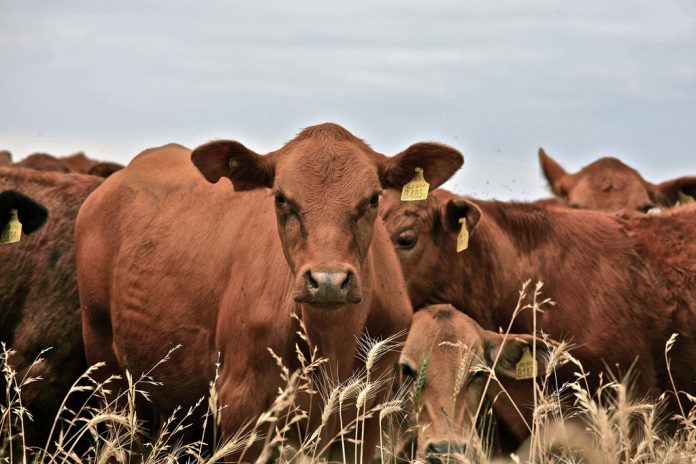The Agriculture Committee approved the last batch of proposals to improve EU farm policy so that it better meets farmers’ and consumers’ expectations.
The Agriculture Committee’s amendments to the so-called Financing, Management and Monitoring regulation were approved on Monday by 28 votes in favour to seven against, with two abstentions.
Last week, MEPs approved new rules on common market organisation and strategic plans.
Crises reserve financed from outside the CAP budget
The agricultural crises reserve, to help farmers with price or market instability, should be financed as an addition to the CAP direct payments and rural development funding. Its initial budget should be €400 million, while further funds could be added each year together with any unused money from the previous year, until it reaches €1.5 billion, MEPs say. If this is not enough, the so-called financial discipline mechanism, which reduces direct payments for farmers, should be activated, but only as a last resort and excluding the first €2 000 of payments.
Tougher penalties for recurring non-compliance with strict EU rules
If beneficiaries repeatedly do not comply with the conditionality rules, i.e. with legal requirements on the environment, animal welfare or food quality, they should lose 10% of their entitlements (up from today’s 5%). Beneficiaries will continue to lose 15% of the amount they are entitled to if they intentionally flout the rules.
Fewer checks on member states’ performance
MEPs endorsed the shift from a system based on checking that beneficiaries comply with detailed rules to a new performance-based one, focused on achieving results as defined in national strategic plans. To avoid overburdening national administrations and farmers, member states should report their achievements to the Commission once every two years, not every year as proposed.
If national control systems are seriously deficient, the Commission should carry out risk-based on-the-spot checks, MEPs added.
“I have drafted my report based on two objectives – simplifying administration and making institutions more transparent. The report adopted today delivers on both of these objectives, for the benefit of member states, farmers and citizens alike”, said rapporteur Ulrike Müller (ALDE, DE).
The text approved by Agriculture Committee MEPs has to be scrutinised by the Parliament as a whole. This can happen only after the 23-26 May European elections. The Conference of Presidents (EP president and leaders of political groups) may decide then to forward the text to the full House. Otherwise, the new Agriculture Committee will have to look into the matter again.

